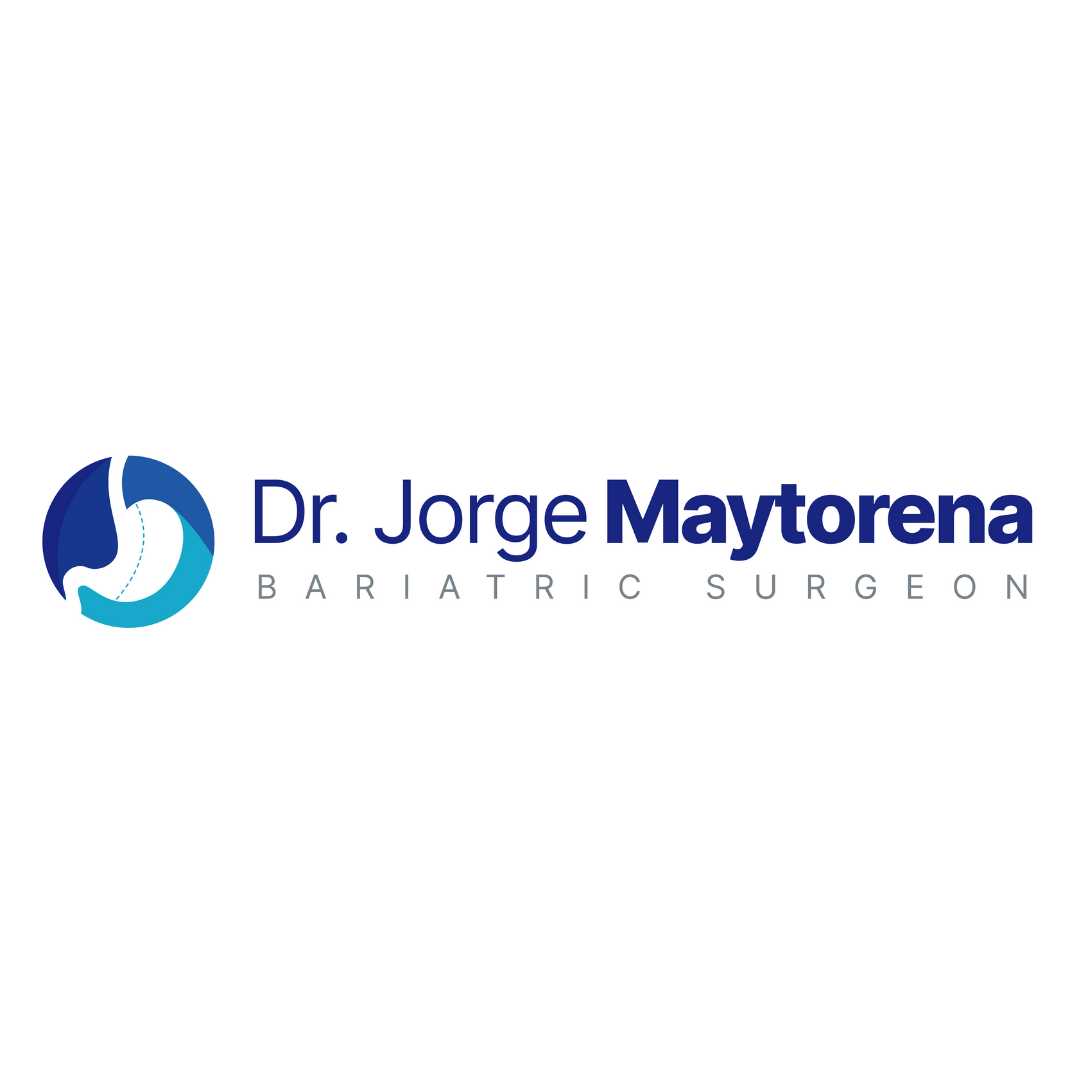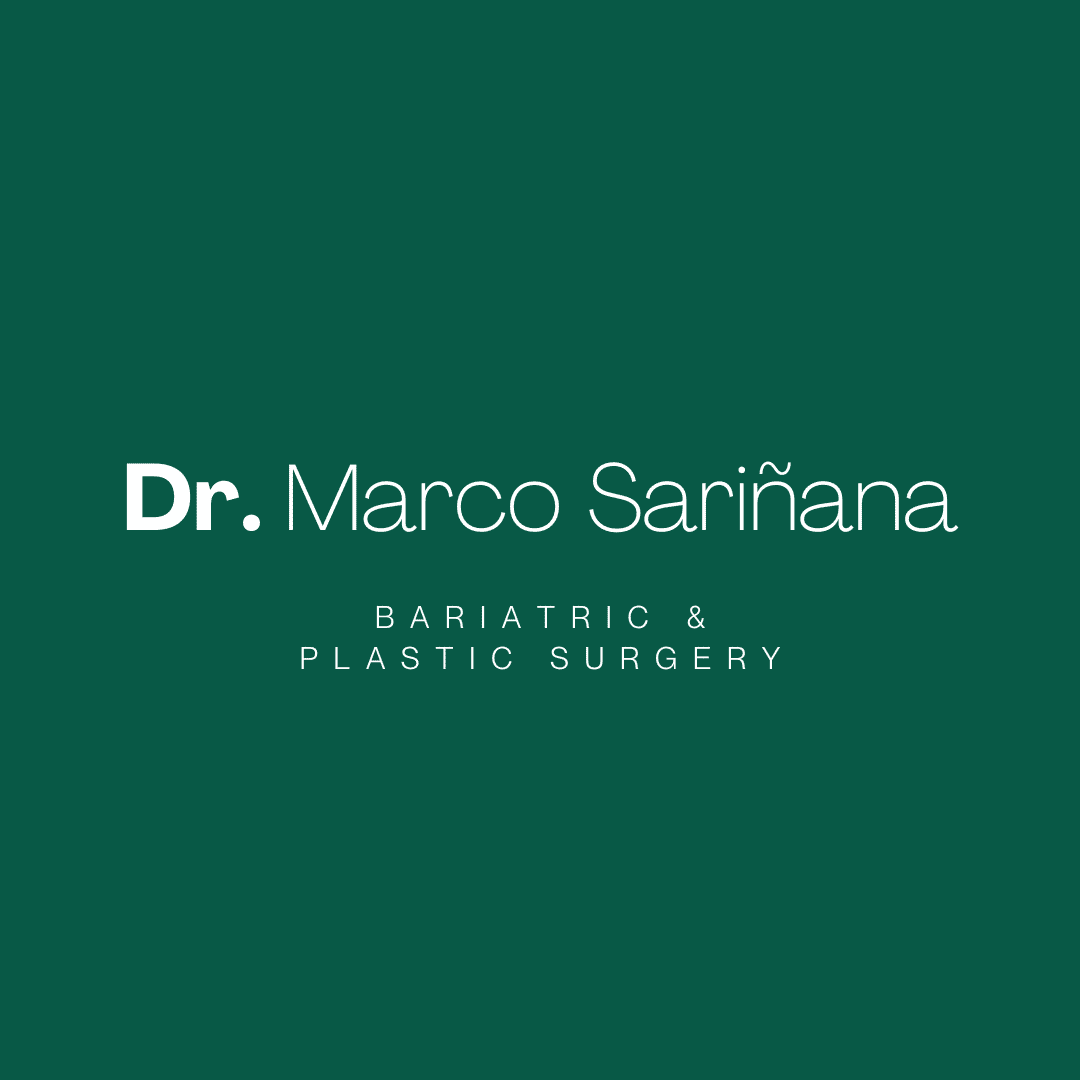Guide to the Risks of Gastric Sleeve Revision in Mexico
.jpg)
Embarking on a journey for weight loss surgery is a significant decision, and for many, considering gastric sleeve revision becomes necessary if the initial procedure didn't yield the desired results or if complications arose.
Mexico has emerged as a popular destination for bariatric surgeries, including revisions, primarily due to its affordability. While the cost savings can be attractive, it's crucial to thoroughly understand the potential risks associated with undergoing gastric sleeve revision in Mexico.
This procedure is inherently more complex than a primary sleeve gastrectomy, and when combined with the unique dynamics of medical tourism, the risk profile changes.
Understanding these risks—from general surgical complications to those specific to revision surgery and international travel—is vital for making an informed decision about your health and safety. Let's delve into the important considerations to help you prepare adequately.
What are the general surgical risks of gastric sleeve revision?
Any surgical procedure carries inherent risks, and gastric sleeve revision is no exception. These general risks are present regardless of where the surgery is performed, but awareness and preparedness are key.
One of the most significant concerns is bleeding, which can occur during or after the operation and may require blood transfusions or additional surgical intervention. Infection at the surgical site or internally is another serious risk, potentially leading to prolonged recovery and further medical treatment.
Leaks from the staple line, where the stomach has been resected and restapled, are a critical complication. These leaks can lead to peritonitis, a severe infection of the abdominal cavity, and are often difficult to diagnose and treat, requiring extensive medical management.
Other risks include the formation of blood clots, particularly in the legs (deep vein thrombosis) or lungs (pulmonary embolism), which can be life-threatening if not prevented and managed effectively. Injury to nearby organs like the spleen, liver, or intestines is also a possibility due to their proximity to the surgical field.
Are there specific risks unique to revision bariatric surgery?
Gastric sleeve revision is not just a repeat of the initial surgery; it's a more intricate procedure. The presence of scar tissue from the first operation can significantly increase the complexity of the revision, making dissection more challenging and raising the risk of injury to tissues and organs. This scar tissue can also obscure anatomical landmarks, further complicating the surgeon's task and potentially prolonging operating time.
Furthermore, patients undergoing revision surgery often have pre-existing conditions or anatomical changes from their initial procedure that contribute to higher rates of complications. The stomach tissue itself may be more fragile or have altered blood supply after the first surgery, increasing the risk of staple line leaks or strictures (narrowing) of the new sleeve.
Achieving the same level of weight loss as a primary procedure might also be more difficult with revision surgery, which can be a source of frustration for patients if expectations are not managed appropriately.
What are the risks related to anesthesia during gastric sleeve revision in Mexico?
General anesthesia is a critical component of any major surgery, and it carries its own set of risks. While rare, complications can range from minor issues like nausea, vomiting, or sore throat to more severe problems such as allergic reactions to anesthetic agents, breathing difficulties, heart attack, or stroke.
For patients undergoing bariatric surgery, who often have co-morbidities like sleep apnea, diabetes, and heart conditions, these risks can be elevated.
When considering surgery in Mexico, it's important to verify the qualifications and experience of the anesthesiologist. While many facilities employ highly skilled professionals, standards can vary. Ensuring that the facility has appropriate monitoring equipment, emergency drugs, and trained staff to handle anesthetic complications is paramount.
Communication with the anesthesia team about your medical history and any previous adverse reactions to anesthesia is crucial, and confirming that they are board-certified or equivalently qualified in their country can provide peace of mind.
How does medical tourism in Mexico affect the risks of revision surgery?
Choosing to have gastric sleeve revision in Mexico through medical tourism introduces several layers of risk beyond the surgical procedure itself. One primary concern is the potential variability in hospital and clinic standards.
While many facilities in Mexico are modern and well-equipped, others may not meet the same rigorous accreditation or safety standards found in your home country. It's essential to research and select a facility that has international accreditation (e.g., from Joint Commission International) and transparently shares its surgical outcomes.
Surgeon qualifications and experience are another critical aspect. While many Mexican bariatric surgeons are highly skilled, verifying their credentials, board certifications, and specific experience with revision surgeries is crucial. Communication barriers, whether with the surgeon, nursing staff, or other medical personnel, can lead to misunderstandings about pre-operative instructions, post-operative care, or critical symptoms.
This can be especially challenging during a medical emergency, where quick and clear communication is vital. Furthermore, the limited time frame of medical tourism trips can make comprehensive pre-operative evaluations difficult, potentially missing underlying health issues that could impact surgical safety.
What are the potential complications if a gastric sleeve revision fails?
A failed gastric sleeve revision can manifest in several ways, each bringing its own set of complications. If the revision does not adequately restrict food intake or resolve underlying issues, patients may continue to experience weight regain or fail to achieve significant additional weight loss. This can be deeply disappointing and frustrating after undergoing two major surgeries.
Another common reason for revision is persistent or worsening gastroesophageal reflux disease (GERD). If the revision fails to correct the anatomical issues contributing to reflux, patients may continue to suffer from severe heartburn, regurgitation, and potential long-term damage to the esophagus.
Furthermore, a failed revision can lead to new surgical complications, such as strictures (narrowing) of the new sleeve that impede food passage, or the development of fistulas (abnormal connections) that can be challenging to repair. In some cases, a failed revision may necessitate a third, even more complex surgery, potentially converting the sleeve to a gastric bypass or another type of bariatric procedure, which carries its own increased risks.
What are the challenges with post-operative care and follow-up after revision surgery in Mexico?
One of the most significant challenges for medical tourists undergoing gastric sleeve revision in Mexico is ensuring adequate post-operative care and long-term follow-up. While you will receive immediate post-op care at the Mexican facility, the real challenge begins once you return home.
Access to your surgical team for questions, concerns, or emergencies becomes significantly limited by distance and time zones. You may find yourself communicating via email or phone, which is not ideal for urgent medical issues.
Coordinating care with your local primary care physician or a bariatric specialist in your home country can also be difficult. They may be unfamiliar with the specific surgical techniques used abroad or hesitant to manage complications arising from international surgery. This can lead to delays in diagnosis or treatment if a problem arises.
Furthermore, long-term follow-up, which is crucial for monitoring weight loss, nutritional deficiencies, and potential complications, may be neglected if a clear plan is not established before you leave Mexico. Without consistent follow-up, potential issues like vitamin deficiencies or early signs of complications might go undetected.
How can communication barriers impact safety during gastric sleeve revision in Mexico?
Language and cultural barriers can pose significant safety risks during your gastric sleeve revision journey in Mexico. Even if your surgeon speaks English, direct communication with all members of your medical team—nurses, anesthesiologists, and support staff—may be challenging. Misunderstandings in pre-operative instructions, such as dietary restrictions or medication protocols, can lead to complications.
During your hospital stay, conveying symptoms or discomfort accurately can be difficult if there's a language barrier. This could delay the recognition and treatment of serious complications like a leak or infection. In an emergency situation, clear and rapid communication is paramount, and any delay or misunderstanding can have severe consequences. While many reputable clinics offer translators or English-speaking staff, it's essential to assess the level of support available across all aspects of your care to ensure your safety and understanding at all times.
What are the financial risks or hidden costs associated with gastric sleeve revision in Mexico?
While the initial quoted price for gastric sleeve revision in Mexico is often significantly lower than in many Western countries, it's crucial to be aware of potential hidden financial risks. The advertised price may not always include everything. You might encounter additional charges for:
- Pre-operative tests and consultations
- Post-operative medications
- Longer-than-expected hospital stays
- Treatment for any complications that arise during or immediately after surgery
- Necessary travel insurance
- Accommodation and travel for a companion
If complications occur and require extended hospitalization or further procedures, these unplanned costs can quickly add up, potentially negating much of the initial savings. Furthermore, your domestic insurance typically will not cover complications arising from surgery performed abroad, leaving you financially responsible for any follow-up care or treatments needed once you return home. It's vital to get a detailed, itemized quote and understand what is and isn't included before committing.
What are the risks if I need medical or legal recourse after a complication in Mexico?
One of the less discussed but significant risks of medical tourism is the limited ability to seek legal or medical recourse if a complication or medical error occurs. If something goes wrong during or after your gastric sleeve revision in Mexico, your legal options may be severely restricted compared to what you would have in your home country. Navigating a foreign legal system can be complex, time-consuming, and expensive, especially if you need to hire local attorneys and manage international travel for court appearances.
Proving medical negligence can be challenging even in your own country, and these difficulties are amplified when dealing with a different legal jurisdiction, language, and cultural context. Even if you were to win a legal case, enforcing a judgment across international borders can be incredibly difficult, often making the pursuit of compensation impractical. This lack of straightforward recourse means that patients assume a higher level of personal risk when opting for surgery abroad, highlighting the importance of thorough research and choosing highly reputable providers.
How can I mitigate the risks of gastric sleeve revision in Mexico?
Mitigating the risks associated with gastric sleeve revision in Mexico requires diligent preparation and informed decision-making. Here are some key steps you can take:
- Research and Verify: Choose only internationally accredited hospitals or clinics (e.g., JCI accreditation). Verify your surgeon's board certification, experience specifically with revision bariatric surgeries, and review patient testimonials and outcomes.
- Communicate Clearly: Ensure there are no language barriers with your entire medical team. Ask about translation services and confirm that all your questions are answered to your satisfaction.
- Comprehensive Pre- and Post-Op Planning: Have a thorough medical evaluation at home before you travel. Arrange for a local doctor to coordinate post-operative care and follow-up once you return, ensuring they are comfortable managing your case.
- Understand All Costs: Obtain a detailed, itemized quote that includes all potential expenses, including tests, medications, and potential extended stays. Inquire about protocols and costs for complications.
- Travel Insurance: Purchase comprehensive medical travel insurance that specifically covers bariatric surgery and potential complications abroad. Standard travel insurance may not be sufficient.
- Emergency Plan: Know the emergency protocols of the facility and have a plan for what to do if a complication arises, both while you are in Mexico and after you return home.
By taking these proactive measures, you can significantly reduce your exposure to the inherent risks and make a more confident decision about your gastric sleeve revision journey.
For individuals exploring solutions for medical tourism, healthcare services, or specific treatments like gastric sleeve revision, PlacidWay offers a robust platform to connect with reputable providers worldwide. Explore PlacidWay to find trusted clinics and compare options that suit your healthcare needs.


.png)
.png)













Share this listing